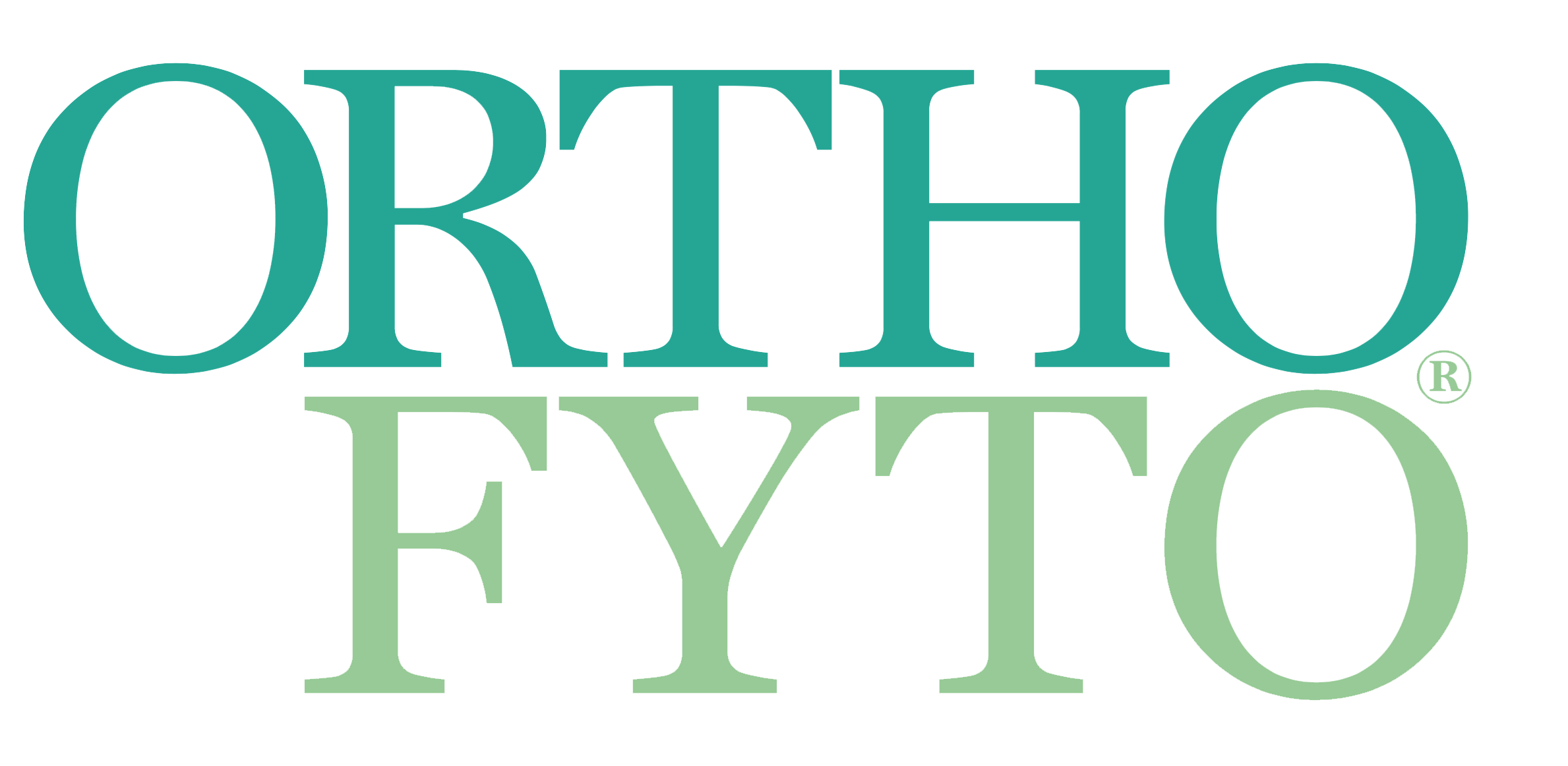Psychedelica geassisteerde traumatherapie
30 May, 2024
Door Robert de Vos en Casper Beukema
Op 13 oktober 2022 vond er een rondetafelgesprek plaats tussen wetenschappers, artsen, therapeuten, patiënten en een commissie van het ministerie van Volksgezondheid. In dit overleg kwam duidelijk naar voren dat er inmiddels meer dan genoeg bewijs is om heden ten dage psychedelica geassisteerde traumatherapie toe te laten.1 Van psychedelica, zoals psilocybine, MDMA, mescaline, ketamine, LSD en DMT, is de werkzaamheid inmiddels uitvoerig onderzocht bij onder meer depressie, obsessief compulsieve dwang, PTSS, angst en paniekstoornissen en verslavingen.2-4 In Amerika waren er centra die hiermee werkten en indrukwekkende resultaten boekten, voordat er in 1968 een verbod op kwam.5
Bij een sessie psychedelica geassisteerde traumatherapie zijn idealiter twee therapeuten (het liefst een man en een vrouw) aanwezig die een cliënt begeleiden op zijn/haar reis naar binnen. Zij scheppen de veiligheid. Het middel zorgt er samen met de omgeving voor dat de cliënt de emotionele lading uit het verleden doorvoelt en los kan laten. Onderzoeken laten zien dat één gift psychedelica gelijk kan staan aan een jaar psychotherapie. Andere studies tonen aan dat een beperkt aantal sessies met psychedelica een ziektebeeld als PTSS kan reduceren tot een klachtenniveau waarop iemand weer goed kan functioneren. Uit een recente studie blijkt bijvoorbeeld dat drie MDMA-sessies met psychotherapie er in achttien weken voor zorgde dat een merendeel van de behandelde groep niet meer aan de criteria voor diagnose PTSS voldeed.6 Ook in Nederland wordt onderzoek gedaan. Zo doen de universitaire ziekenhuizen van Groningen en Utrecht momenteel onderzoek naar de toepassing van psilocybine bij ernstige, therapieresistentie depressie.7,8
Lees het gehele artikel vanaf pagina 38 in OrthoFyto 3/24.
Wilt u het gehele artikel als PDF bestand ontvangen? Bestel het dan hier voor € 3,50.
Bronvermelding:
1. Position paper ARQ centrum ID2022A06445, via www.tweedekamer.nl
2. Mohamed A, et al. The Efficacy of Psychedelic-Assisted Therapy in Managing Post-traumatic Stress Disorder (PTSD): A New Frontier? Cureus. 2022 Oct 31;14(10):e30919.
3. Gattuso JJ, et al. Default Mode Network Modulation by Psychedelics: A Systematic Review. Int J Neuropsychopharmacol. 2023 Mar 22;26(3):155-188.
4. Sproul, C. Don’t Kill My Buzz, Man!–Explaining the Criminalization of Psychedelic Drugs. 2021 University of Oregon.
5. Tupper KW, et al. Psychedelic medicine: a re-emerging therapeutic paradigm. CMAJ. 2015 Oct 6;187(14):1054-1059.
6. Mitchell JM, et al. MDMA-assisted therapy for moderate to severe PTSD: a randomized, placebo-controlled phase 3 trial. Nat Med 29, 2473–2480 (2023).
7. Breeksema JJ, et al. Patient perspectives and experiences with psilocybin treatment for treatment-resistant depression: a qualitative study. Sci Rep. 2024 Feb 5;14(1):2929.
8. Psychedelica tegen depressies, via www.umcutrecht.nl/nieuws/psychedelica-tegen-depressies
9. Development Safety Update Report 3,4-methylenedioxymethamphetamine (MDMA) US-IND 063384, 142908, 142690 Sequential Number 15, via maps.org
10. MDMA Assisted Psychotherapy Treatment Manual Version7, via maps.org
11. Romeo B, et al. Safety and risk assessment of psychedelic psychotherapy: a meta-analysis and systematic review. Psychiatry research 2024:115880.
12. Johnson MW, et al. The abuse potential of medical psilocybin according to the 8 factors of the Controlled Substances Act. Neuropharmacology 2018;142:143-166.
13. Rodríguez Arce JM, et al. Psychedelics, Sociality, and Human Evolution. Front Psychol. 2021;Sep 29;12:729425.
14. Luke DP, et al. The chemical induction of synaesthesia. Hum Psychopharmacol. 2022;Jul;37(4):e2832.
15. de Vos CMH, et al. Psychedelics and Neuroplasticity: A Systematic Review Unraveling the Biological Underpinnings of Psychedelics. Front Psychiatry. 2021;Sep 10;12:724606.
16. Nardou R, et al. Psychedelics reopen the social reward learning critical period. Nature 2023;618:790–798 (2023).
17. Grieco S, et al. Psychedelics and neural plasticity: therapeutic implications. Journal of Neuroscience 2022;42(45):8439-8449.
18. Carhart-Harris R, et al. REBUS and the anarchic brain: toward a unified model of the brain action of psychedelics. Pharmacological reviews 2019;71(3):316-344.
19. Flanagan TW, et al. Psychedelics as anti-inflammatory agents. Int Rev Psychiatry. 2018;Aug;30(4):363-375.
20. Radtke FA, et al. Modulating Neuroinflammation to Treat Neuropsychiatric Disorders. Biomed Res Int. 2017;2017:5071786.
21. Lee DH, et al. Neuroinflammation in Post-Traumatic Stress Disorder. Biomedicines. 2022 Apr 20;10(5):953.
22. Orihuela R, et al. Microglial M1/M2 polarization and metabolic states. British journal of pharmacology 2016;173(4):649-65.
23. Nakagawa Y, et al. Role of microglial m1/m2 polarization in relapse and remission of psychiatric disorders and diseases. Pharmaceuticals (Basel, Switzerland) 2014;7(12):1028-48. 25
24. Griffiths RR, et al. Psilocybin can occasion mystical-type experiences having substantial and sustained personal meaning and spiritual significance. Psychopharmacology (Berl). 2006; 187(3):268-83; discussion 284-92.
